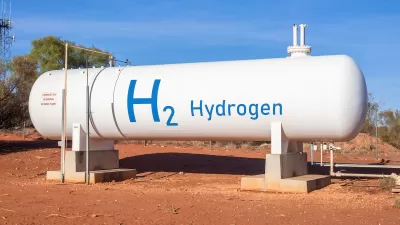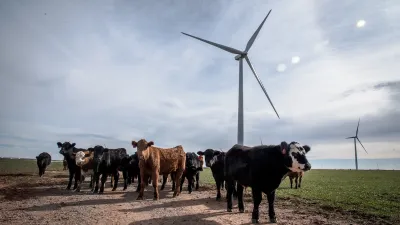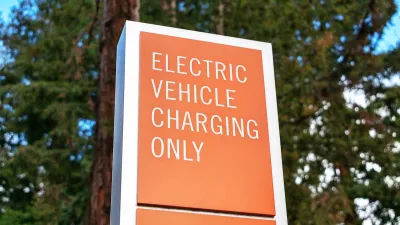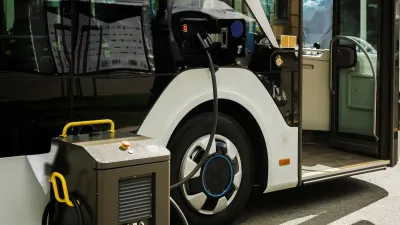The project will serve as an intermediary between clean hydrogen providers and consumers.

Two California cities are launching the country’s first hydrogen public utility, reports Emma Penrod in Smart Cities Dive.
Officials with First Public Hydrogen, or FPH2, which will serve the cities of Lancaster and Industry, say they hope to continue funding the project even without federal tax credits. “While there are challenges at the national level, we believe the combination of 45V incentives and state-level initiatives will drive the necessary growth in renewable energy and hydrogen production to achieve scale,” said Lancaster mayor Rex Perris.
“The hydrogen utility plans to serve as an aggregator between suppliers of hydrogen and would-be customers, including municipalities, other public utilities, transit agencies, and private sector companies in industries such as logistics, shipping and transportation,” according to the mayor.
“By acting as a public intermediary between buyers and sellers of hydrogen, FPH2 aims to make hydrogen more accessible, affordable and transparent, Parris said in an interview with Utility Dive.” The project plans to begin delivering hydrogen to customers by early 2026.
FULL STORY: California cities launch nation’s first public hydrogen utility

Manufactured Crisis: Losing the Nation’s Largest Source of Unsubsidized Affordable Housing
Manufactured housing communities have long been an affordable housing option for millions of people living in the U.S., but that affordability is disappearing rapidly. How did we get here?

Americans May Be Stuck — But Why?
Americans are moving a lot less than they once did, and that is a problem. While Yoni Applebaum, in his highly-publicized article Stuck, gets the reasons badly wrong, it's still important to ask: why are we moving so much less than before?

Using Old Oil and Gas Wells for Green Energy Storage
Penn State researchers have found that repurposing abandoned oil and gas wells for geothermal-assisted compressed-air energy storage can boost efficiency, reduce environmental risks, and support clean energy and job transitions.

Updating LA’s Tree Rules Could Bring More Shade to Underserved Neighborhoods
A new USC study finds that relaxing Los Angeles’ outdated tree planting guidelines could significantly expand urban tree canopy and reduce shade disparities in lower-income neighborhoods, though infrastructure investments are also needed.

California's Canal Solar Projects Aim to Conserve Resources and Expand Clean Energy
California’s Project Nexus has begun generating electricity from solar panels installed over irrigation canals, with researchers and state agencies exploring statewide expansion to conserve water and boost clean energy production.

HHS Staff Cuts Gut Energy Assistance Program
The full staff of a federal program that distributes heating and cooling assistance for low-income families was laid off, jeopardizing the program’s operations.
Urban Design for Planners 1: Software Tools
This six-course series explores essential urban design concepts using open source software and equips planners with the tools they need to participate fully in the urban design process.
Planning for Universal Design
Learn the tools for implementing Universal Design in planning regulations.
Heyer Gruel & Associates PA
City of Moreno Valley
Institute for Housing and Urban Development Studies (IHS)
City of Grandview
Harvard GSD Executive Education
Salt Lake City
NYU Wagner Graduate School of Public Service
City of Cambridge, Maryland





























